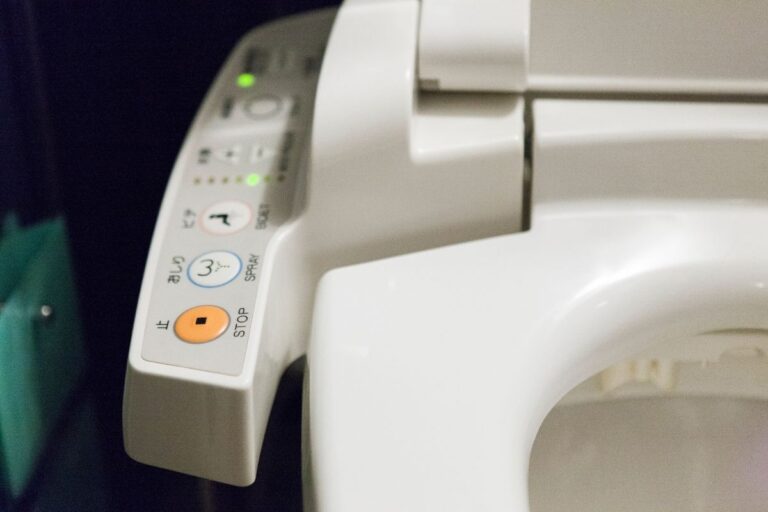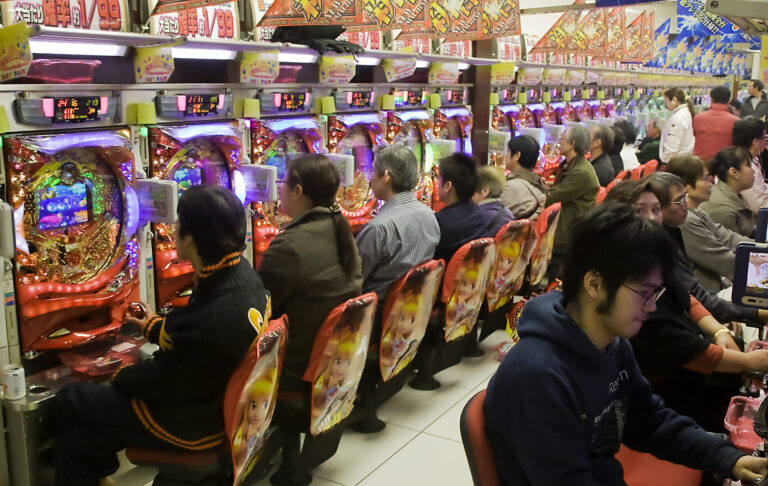If you’ve been teaching yourself Japanese with the grammar lessons on this site, you ought to have a firm grasp on basic counting in Japanese. You’ll need to know those numbers to be able to say the date in Japanese—but it’s not as simple as saying the word “one” for the first of a month, for example.
Let’s start with the days of the week. The vocabulary for the days of the week are:
| Sunday | nichiyoubi |
| Monday | getsuyoubi |
| Tuesday | kayoubi |
| Wednesday | suiyoubi |
| Thursday | mokuyoubi |
| Friday | kinyoubi |
| Saturday | doyoubi |
Each day of the week is named after an element or the sun or moon. Interestingly, the word for “Sunday” uses the kanji for “sun” and the word for “Monday” uses the kanji for “moon.” These two days of the week are named after the sun and moon in English as well.
The months of the year are a little easier than the days of the month because they follow a basic pattern. Just state the number of the month in Japanese and add one pronunciation of the word for “month,” “gatsu.”
| January | ichigatsu |
| February | nigatsu |
| March | sangatsu |
| April | shigatsu |
| May | gogatsu |
| June | rokugatsu |
| July | shichigatsu |
| August | hachigatsu |
| September | kugatsu |
| October | juugatsu |
| November | juuichigatsu |
| December | juunigatsu |
Most of the days of the month are simply the basic number in Japanese plus one pronunciation for the word “day,” which is “nichi.” However, there are a few exceptions, which are bolded:
| 1st | tsuitachi | 17th | juushichi-nichi |
| 2nd | futsuka | 18th | juuhachi-nichi |
| 3rd | mikka | 19th | juuku-nichi |
| 4th | yokka | 20th | hatsuka |
| 5th | itsuka | 21st | nijuuichi-nichi |
| 6th | muika | 22nd | nijuuni-nichi |
| 7th | nanoka | 23rd | nijuusan-nichi |
| 8th | yooka | 24th | nijuuyokka |
| 9th | kokonoka | 25th | nijuugo-nichi |
| 10th | tooka | 26th | nijuuroku-nichi |
| 11th | juuichi-nichi | 27th | nijuushichi-nichi |
| 12th | juuni-nichi | 28th | nijuuhachi-nichi |
| 13th | juusan-nichi | 29th | nijuuku-nichi |
| 14th | juuyokka | 30th | sanjuu-nichi |
| 15th | juugo-nichi | 31st | sanjuuichi-nichi |
| 16th | juuroku-nichi |
Now you should have enough information to say today’s date, minus the year. But first you’ll need to know the word for “today,” which is “kyou.”
Kyou wa shigatsu kokonoka kinyoubi desu. = Today is Friday, April 9th.
(Notice that the order is month, day of the month, day of the week.)
You might also want to say when your birthday is. The word for “birthday” in Japanese is “tanjoubi.”
Watashi no tanjoubi wa juugatsu juugo-nichi desu. = My birthday is October 15th.
There’s one more set of vocabulary you may need to know when talking about the date—the questions to ask when you don’t know what day it is (or what day someone is going to make plans). Just say the word for “what,” “nan,” and add the common ending for that particular question.
| What day of the week? | nanyoubi |
| What month? | nangatsu |
| What day of the month? | nan-nichi |
Kyou wa nanyoubi desu ka. = What day of the week is it today?
Kyou wa nan-nichi desu ka. = What’s today’s date?
Tanjoubi wa nangatsu desu ka. = What month is your birthday?
When is your birthday? When is your friends’ birthdays? State them all in Japanese. Practice stating the day’s date in Japanese every day from now on.
No related posts.
Tags: birthday, date, day, day of the week, japan, japanese, japanese calendar, japanese language, month



